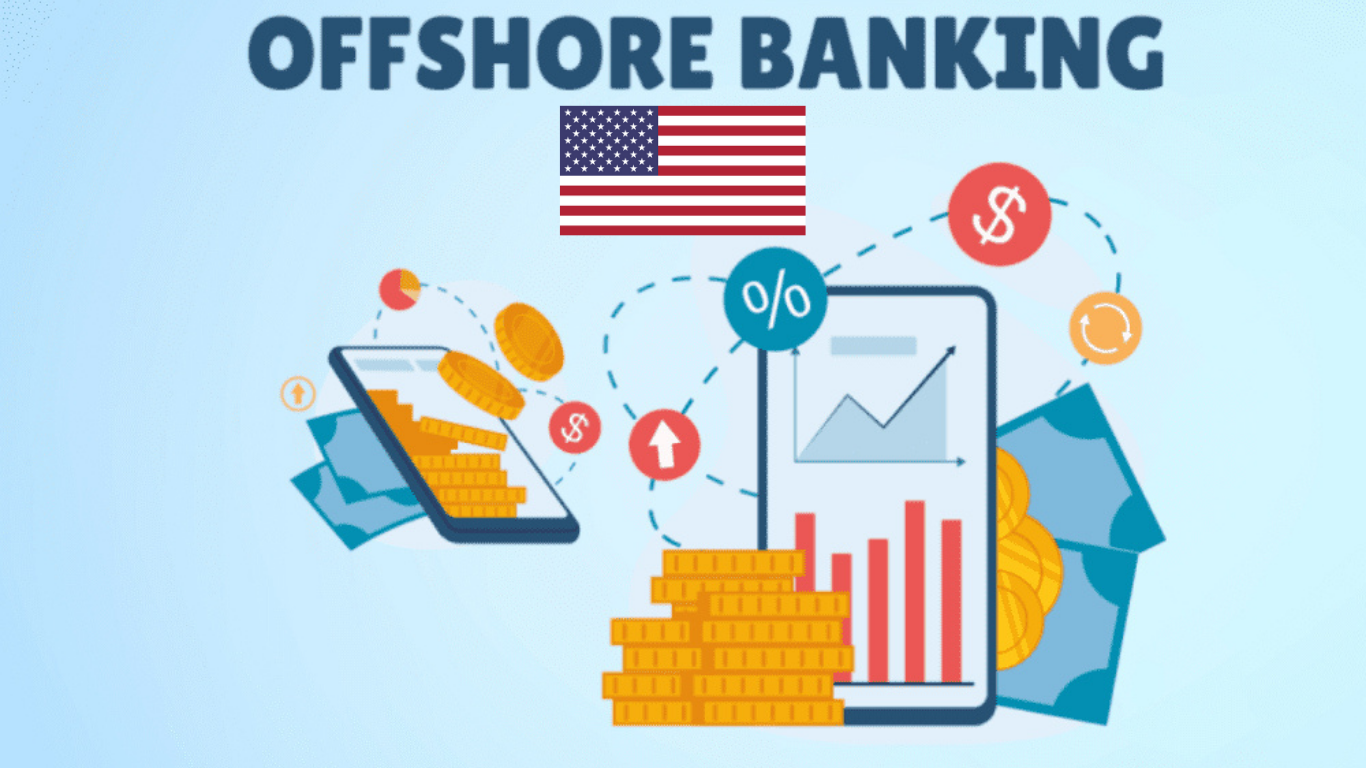Offshore banking is no longer the secretive practice it once was. For U.S. citizens, it’s a legitimate and often strategic financial tool that offers access to global investment opportunities, currency diversification, and asset protection. However, increased scrutiny under regulations like FATCA and FBAR means Americans must navigate this landscape carefully. This guide provides a detailed overview of how U.S. citizens can benefit from offshore banking in 2025—legally and efficiently.
Is It Legal for U.S. Citizens?
Yes, offshore banking is legal for U.S. citizens. However, there are strict regulations to ensure full transparency. The two most important compliance obligations are:
- FATCA (Foreign Account Tax Compliance Act): Requires foreign financial institutions to report accounts held by U.S. taxpayers.
- FBAR (Foreign Bank Account Report): U.S. persons must file FinCEN Form 114 annually if the aggregate value of their foreign accounts exceeds $10,000.
- IRS Form 8938: Required under FATCA to report specified foreign financial assets.
Failure to comply can result in severe penalties, including fines up to 50% of the account value per year for non-disclosure.
Key Benefits Tailored to U.S. Citizens
Asset Protection
Offshore accounts can protect assets from domestic litigation, bankruptcy, and other legal risks.
Currency and Investment Diversification
Holding multiple currencies and accessing global markets allows investors to hedge against U.S. dollar volatility and access non-U.S. financial products.
Access to Higher-Interest or Global Products
Offshore banks often offer better interest rates or exclusive investment opportunities not available domestically.
Privacy with Legal Transparency
While privacy is a benefit, it must be balanced with lawful disclosure. Properly reported offshore accounts offer both discretion and compliance.
Pitfalls and Disadvantages
High Costs
Setup fees, monthly maintenance, wire transfer costs, and legal fees can add up.
Tax Reporting Burden
Complying with IRS, FBAR, and FATCA requirements can be time-consuming and may require professional tax help.
Jurisdictional Risk
Some countries may face political instability or lack deposit protection, putting your funds at risk.
Lack of FDIC Insurance
U.S. banks are backed by FDIC. Most offshore banks are not, so account holders assume more risk.
Account Closures Due to FATCA
Many foreign banks refuse U.S. clients due to the complex and costly FATCA compliance burden.
Jurisdiction Comparison for U.S. Citizens
| Jurisdiction | FATCA Support | FBAR Complexity | Fees | Insurance | Best Use Case |
|---|---|---|---|---|---|
| Switzerland | High | Moderate | High | Partial | Wealth planning |
| Singapore | Medium | Moderate | Medium | Yes | Digital nomads |
| Cayman Islands | Low | Complex | Medium | No | Investment vehicles |
| Mexico/Bahamas | Medium | Moderate | Low | Local | Dual citizens |
Real-Life Scenarios
Expat in France
A U.S. citizen living in Paris finds local banks closing American-held accounts due to FATCA. She opens an account in Singapore, offering better compliance support and FX options.
Remote Business Owner
A U.S. entrepreneur serving global clients holds a corporate account in the Cayman Islands to accept international payments and invest in offshore ETFs.
Digital Nomad in Asia
A U.S. digital worker uses an account in Singapore for regional business transactions and to earn higher interest rates on savings.
Setting Up and Staying Compliant
Step-by-Step Setup Guide
- Choose a compliant-friendly jurisdiction.
- Contact a bank directly or through a financial advisor.
- Submit required documents: passport, proof of address, tax ID, and source of funds.
- Complete due diligence and KYC processes.
- Open account online or via notarized documentation (some banks require in-person visit).
Ongoing Compliance Tips
- File FBAR annually via FinCEN.
- File FATCA-related IRS Form 8938 with tax return.
- Keep meticulous records of all foreign account transactions.
- Work with a tax attorney or international CPA.
Visual Aids and Tools
- Compliance flowchart showing setup to annual reporting deadlines.
- Comparison table of fees, risks, and advantages by jurisdiction.
- Downloadable PDF checklist: “What U.S. Citizens Need to Open an Offshore Account.”
FAQs
Is offshore banking legal for U.S. citizens?
Yes, provided you follow reporting rules.
What’s the minimum deposit?
Typically ranges from $500 to $250,000 depending on the bank.
Can I open an account remotely?
Yes, many banks allow remote onboarding via video call and notarized documents.
What if I don’t file FBAR or FATCA forms?
You risk penalties, IRS audits, or even criminal charges.
Conclusion and Call to Action
Offshore banking offers legal advantages for U.S. citizens seeking diversification, privacy, and access to global markets—but it must be done correctly. With rising enforcement and bank closures due to FATCA, compliance is more critical than ever. Choose a compliant jurisdiction, work with professionals, and treat offshore banking as a strategic component of your financial plan.
